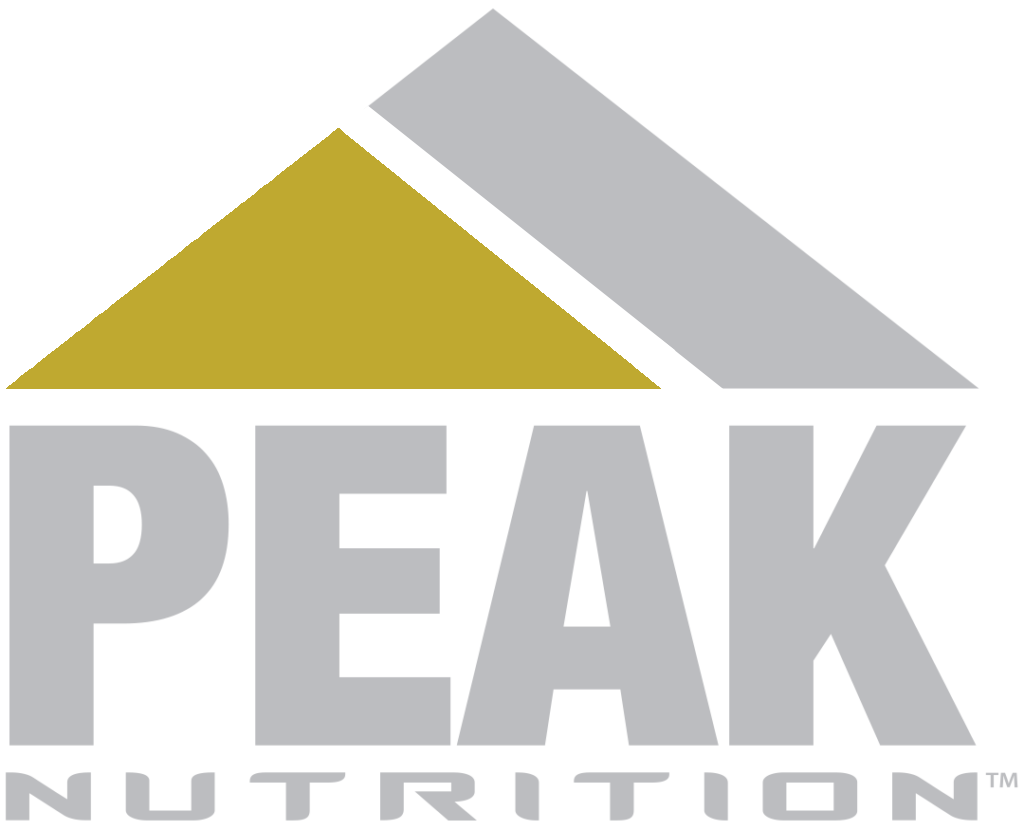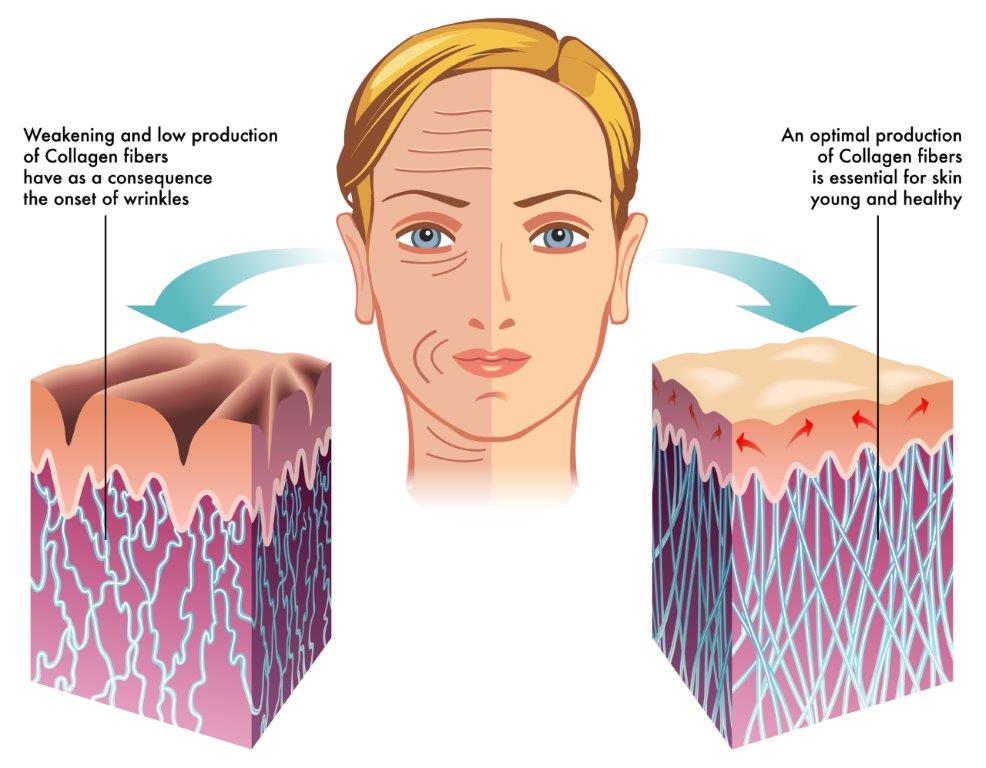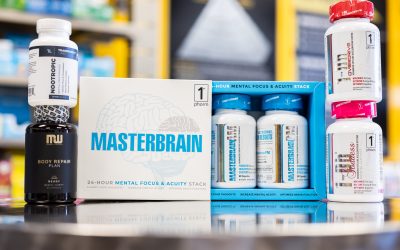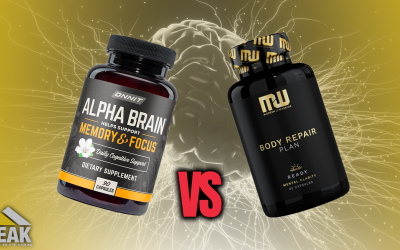But what makes collagen protein different from regular protein? We’ll we can get really nerdy here but let’s make it simple. All protein is made up of amino acids. Collagen is the same thing but the amino acids are “stiffer” or more firm. Like the amino acid proline, it has a more rigid structure which is what gives collagen protein some of its specific qualities.
Now there are 4 major types of collagen. Each called type 1 type 2 type 3 and type 4. And each one does a little something different. You need to make sure the collagen you are taking, has the correct type of collagen and the correct dose.
Type 1 makes up about 80% of the collagen in your body. This is your ligaments, bones, cartilage all the inside stuff is what I like to call it. Mainly this is the collagen I try to take and many athletes. This helps keep your ligaments strong. Which after years of working out can slowly take a toll on your body.
Type 2 is very similar to type one but is more specific to the loosely packed fibers around elastic cartilage. This has a very similar effect as type 1 for your body.
Type 3 is for your organs, muscles and arteries. Even these soft tissues require a certain amount of collagen peptides to rebuild.
Type 4 is for your skin. In fact every layer of your skin. And this is the one most women want to take it for. This makes your skin look firmer and more full. Because of the stiffer more protein structure this builds off the firm look we all have in our youth.
Don’t forget that just because you are taking the collagen protein doesn’t mean you are using all of it. You need to be getting adequate amounts of vitamin C and Copper. These two micronutrients are the active transport for all collagen peptide. So we recommend a good multivitamin to ensure everything works correctly.





0 Comments